Thousands of islands are spread across Indonesia. In an area of six million square kilometers, Indonesian seas and waters store rich biological and mineral resources. The region is also home to 500 regional languages, countless numbers of dance, cuisine, medicines, and Indonesian customs. Here too, a great opportunity to build and develop a variety of sectors ranging from agriculture, industry, tourism to the pharmaceutical industry.
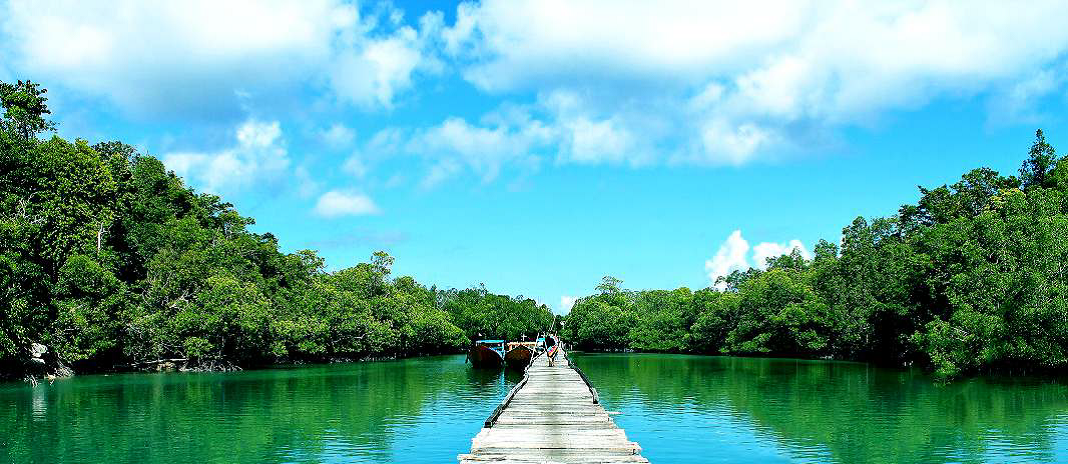
Most of the 17,500 islands in Indonesia are small islands, with less than 200 square kilometers. Many people live in 3,000 small islands and are spread throughout Indonesia. Many of these islands have extraordinary natural beauty, beautiful coral reefs and hundreds of types of underwater animals ranging from fish to sea turtles and jellyfish. These small islands are very fertile and are home to various tropical plants. On the other hand, the islanders face tremendous challenges such as limited fresh water, schools, health facilities, transportation to electricity. They face problems with the high price of goods necessitating the uncertainty of the availability of goods and services.
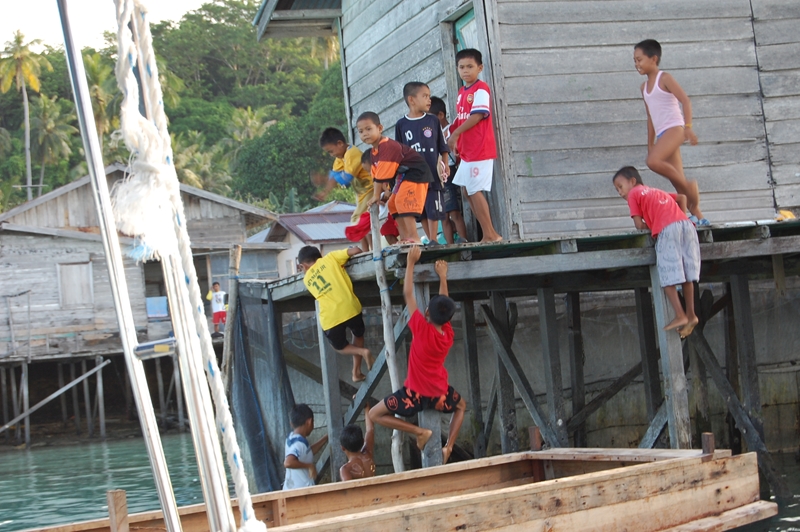
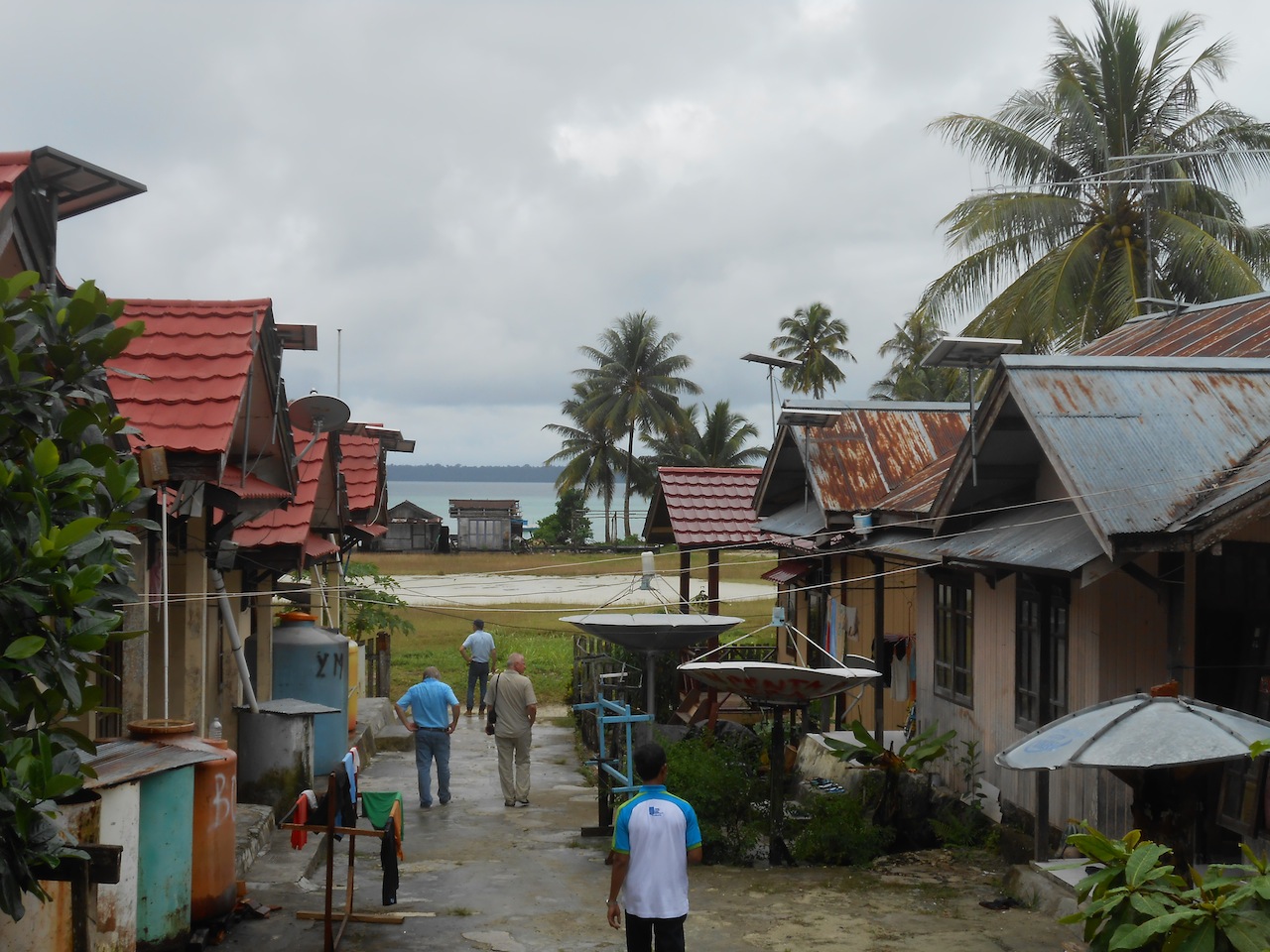
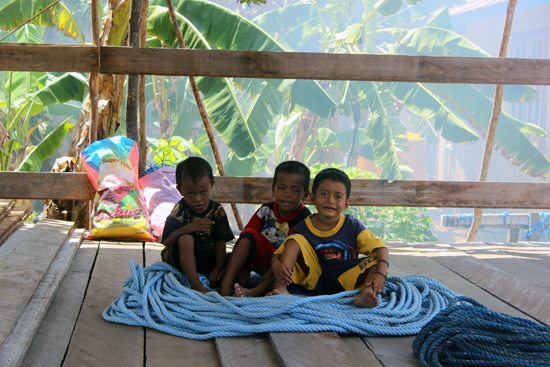
So, small islands actually offer many opportunities to develop, while presenting challenges that must be solved with a sustainable approach. With this description also the Sustainable Island Development Initiatives (SIDI) was established.
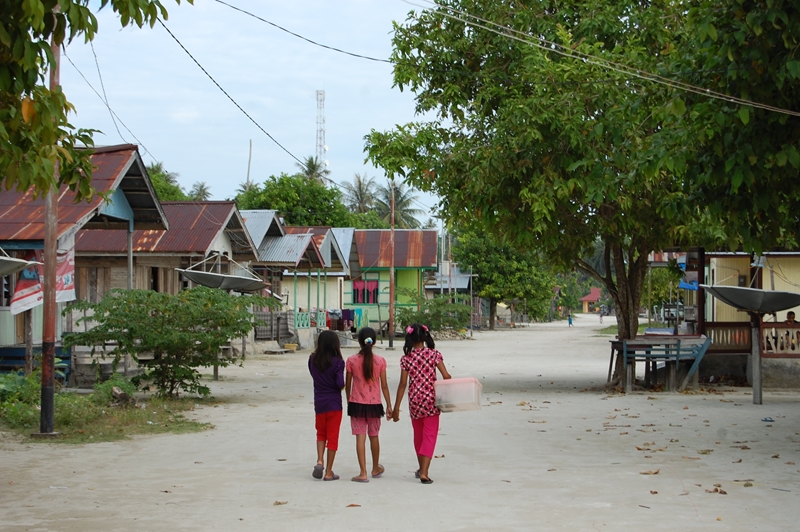
The conference will provide a forum to exchange views, ideas, perspectives, research results, academic and business experiences and as a forum for students, lecturers and academics as well as those who have concern for residents and the environment on remote islands from around the world who are interested in the latest challenges and to increase capacity in higher education. Overall this method offers a good opportunity to build relationships and also provide many benefits in a sustainable environment.
This activity is a form of concern from the Academic Community at ITS, especially those who are members of SIDI (Sustainable Island Development Initiatives) and partners (Wismar, UNESA, DAAD, TU Berlin, EPI-UNET, German Ambassador, IFI, Ronny Adhikarya) for development technology, well-being and happiness in sustainable islands.
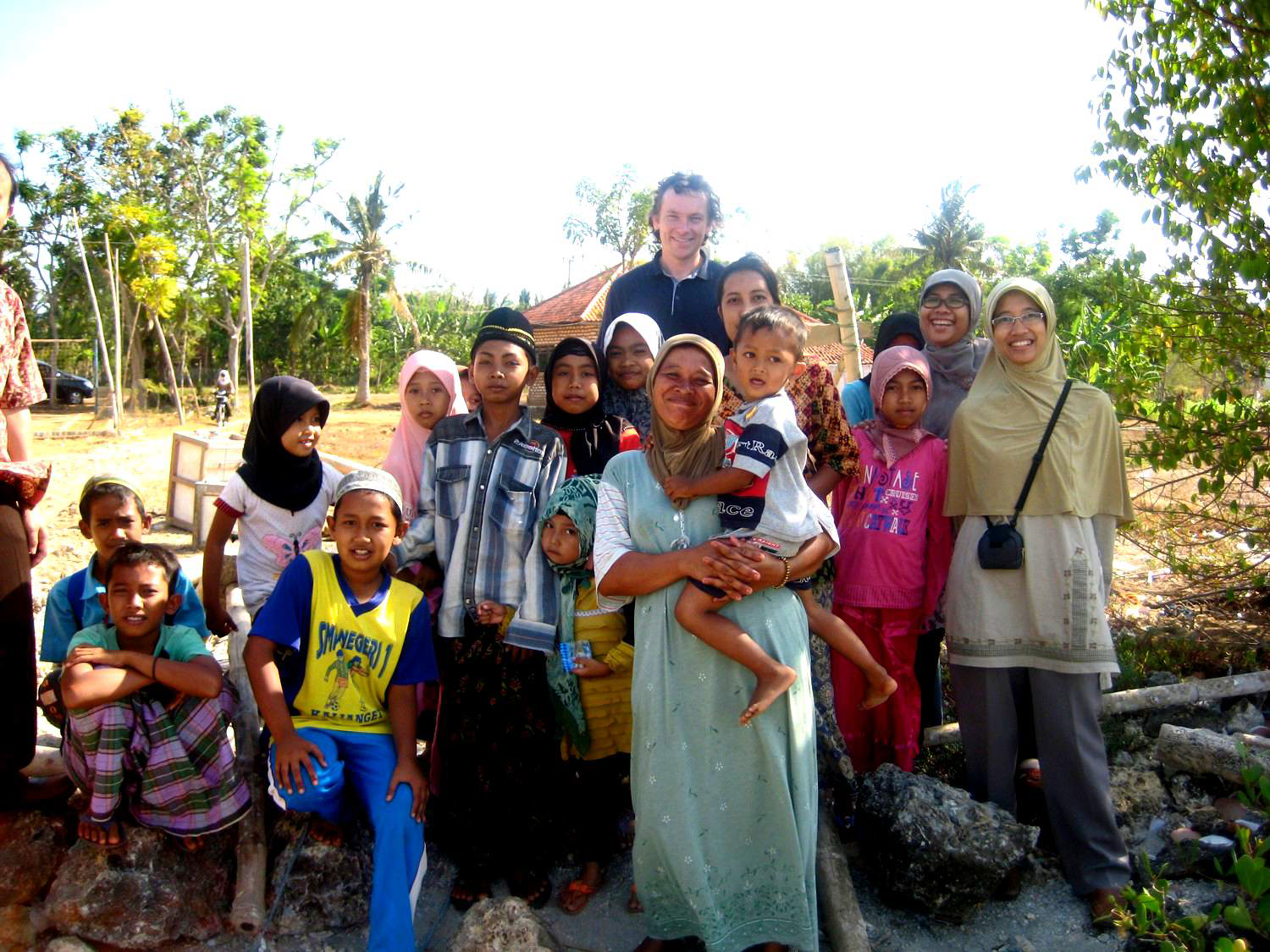
The Sustainable Island Development Initiatives (SIDI) was established in conjunction with the 52nd Anniversary of the Sepuluh November Institute of Technology (ITS), Surabaya, on November 10, 2012. This initiative is a series of research and community empowerment activities, as a contribution to thinking and innovation to participate in developing the island based on three pillars, namely society, environment and economy. This principle is also known as the blue economy.
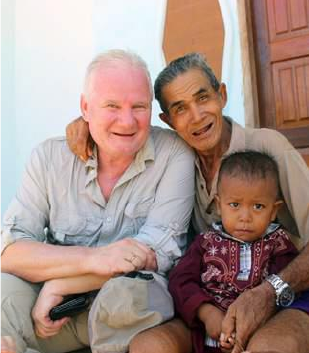
SIDI received a mandate from the Ministry of Maritime Affairs to adopt two small islands, namely Maratua Island (Berau Regency, East Kalimantan) and Poteran Island (Sumenep Regency, East Java). The two islands have different characteristics. Maratua Island is the third largest biodiversity tourist island in the world. This island is the world's favorite tourist destination for tourists who pursue diving and snorkeling.
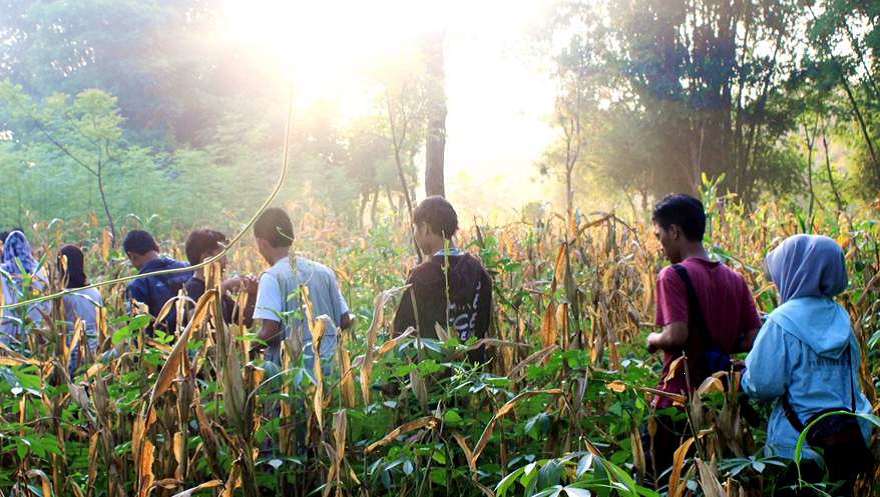
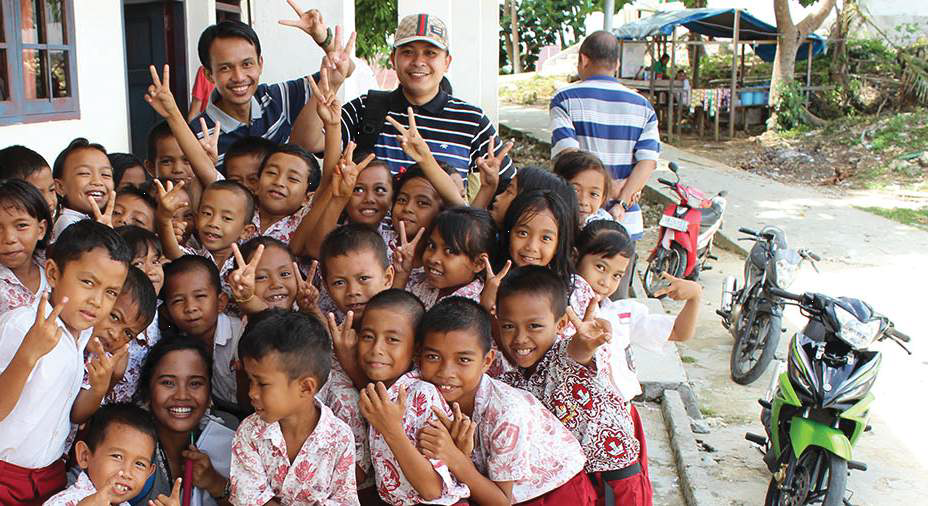
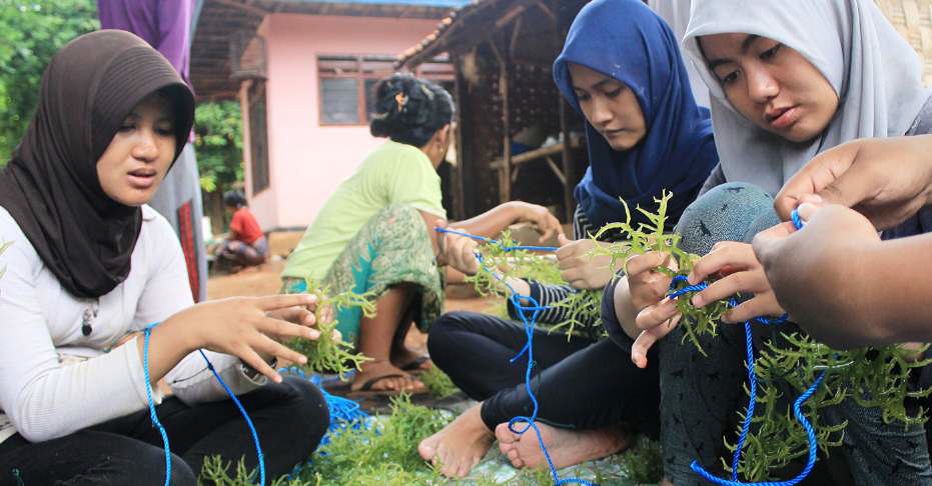
Poteran Island, on the other hand, is an island with fertile agricultural land, with yields of maize, moringa, neem, chili herbs and seaweed. Small air impurities, low use of pesticides and artificial fertilizers, make this island very appropriate as an organic farming land.
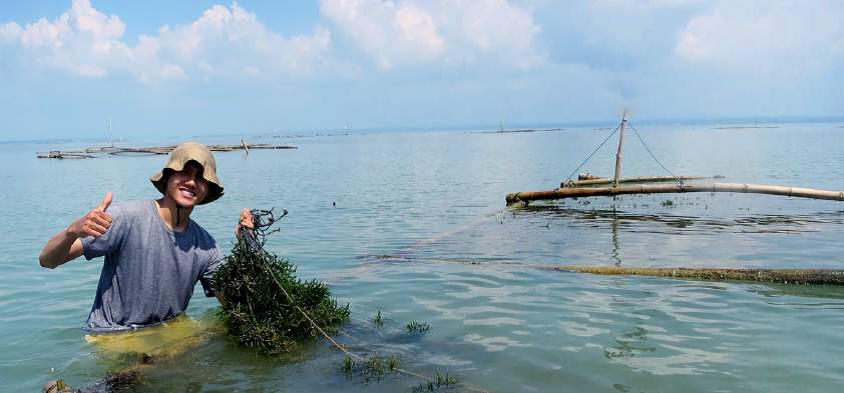
In 2015, SIDI received a consortium grant from the Ministry of Research, Technology and Higher Education. With this grant, strengthening the collaboration network with Hasanuddin University, Kalimantan Institute of Technology and Diponegoro University was carried out. Besides that, in 2016 Newton Fund was also received from British Council to carry out a collaboration between ITS and the University of Strathclyde, Glasgow, England, in developing bamboo as a sustainable ship material.
To answer the infrastructure challenges, we conducted a series of studies entitled "Digital Island". Two topics that are in focus are education and transportation. A data bank has been created, containing open source teaching materials that are freely available throughout the world. We intend to use tablets as a tool to support the improvement of the quality of education in the archipelago. A web and mobile application is also made. This tool is designed to be able to help manage travel and delivery of goods to and from the island.